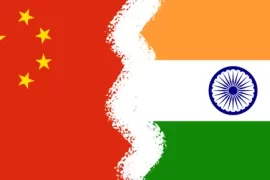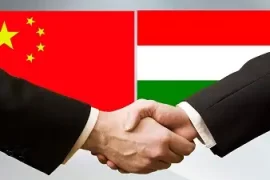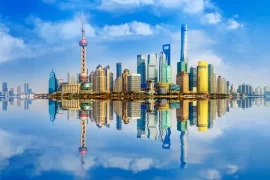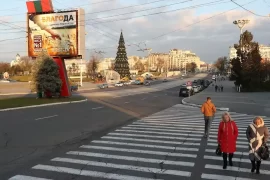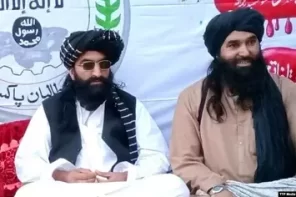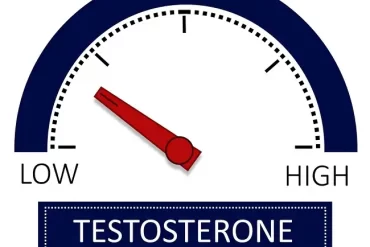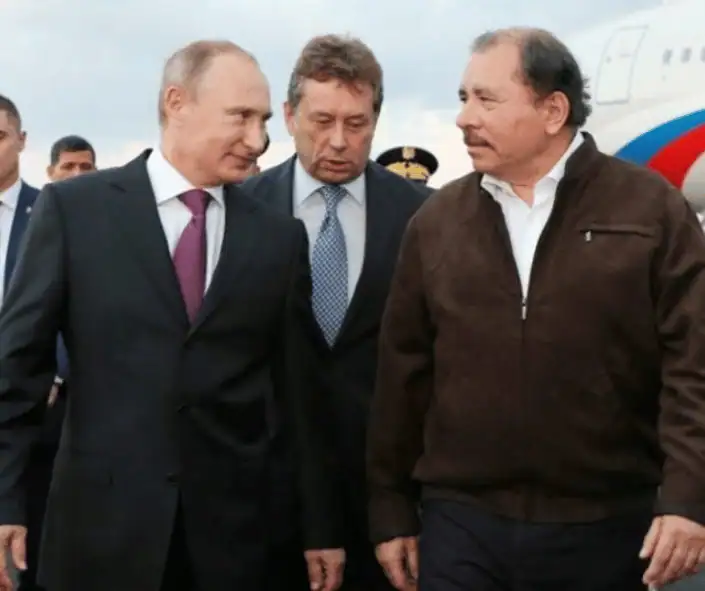
The relationship between Russia and Nicaragua has a long history that dates back to the Cold War era. The two countries have maintained diplomatic relations since 1945 when Nicaragua became one of the founding members of the United Nations. Over the years, Russia and Nicaragua have experienced both highs and lows in their bilateral relationship, with each country playing a significant role in the other’s political, economic, and military affairs. In the latest incidence, on February 23, 2023, Nicaragua joined Russia in opposing UN’s resolution for withdrawing Russian troops from Ukraine and ending the ongoing hostilities. Let’s explore the history of Russia-Nicaragua relations, the current state of the relationship, and the prospects for future cooperation.
Historical Overview
The roots of Russia-Nicaragua relations can be traced back to the Cold War era, when Nicaragua was under the socialist government of the Sandinista National Liberation Front (FSLN), which came to power in 1979. The two governments signed an agreement to open diplomatic missions on October 18, 1979.
During this period, the Soviet Union provided significant economic and military aid to Nicaragua, including tanks, helicopters, and other military equipment. The Soviet Union also helped to train Nicaraguan military personnel and supplied oil and other essential resources.
In response to Soviet support for Nicaragua, the United States backed a Contra insurgency to undermine the Sandinista government. This conflict lasted for more than a decade and resulted in the deaths of tens of thousands of Nicaraguans. During this period, Nicaragua relied heavily on Soviet and Cuban aid to sustain its economy and military.
However, after the fall of the Soviet Union in 1991, Russia-Nicaragua relations entered a period of decline. The Russian Federation, which emerged as the successor state to the Soviet Union, was focused on rebuilding its economy and consolidating its political power, and did not have the resources or interest to maintain its level of support for Nicaragua. The FSLN government also lost power in the 1990s, and relations between Nicaragua and the United States improved.
Current State of Relations
In 2007, the FSLN returned to power under the leadership of President Daniel Ortega, and relations between Russia and Nicaragua began to improve. Since then, Russia has provided economic and military aid to Nicaragua, including debt relief, loans, and investment in infrastructure projects.
In 2008, Nicaragua became the second country after Russia to recognize the disputed territories of South Ossetia and Abkhazia, widely recognized as an integral part of Georgia. Shortly after, in September 2008, Russia offered to strengthen its ties with Nicaragua and provide aid to help rebuild areas damaged by hurricanes, possibly in response to Nicaragua’s support for the breakaway Georgian territories.
In December 2008, Russian warships visited Nicaragua at the invitation of President Daniel Ortega, which caused concerns among the opposition Constitutionalist Liberal Party, as parliamentary approval was not sought, potentially breaching the Constitution. During the visit, Russian officials donated generators and computers worth around $200,000 to hospitals, police, and the army.
The same month, on December 18, 2008, several bilateral agreements were concluded between Russia and Nicaragua after talks between presidents Dmitry Medvedev and Daniel Ortega in Moscow. These agreements included Memorandums of Understanding between the countries’ agriculture ministries, as well as between the Russian Federal Space Agency and Nicaragua’s Telecommunications and Postal Service Institute. As the US and European aid was withdrawn in late 2008 due to concerns about electoral fraud and handling of human rights and democracy, Russian support became increasingly important to Nicaragua. As a result, in April 2009, Nicaragua waived the visa requirement for Russian tourists.
In 2013, Russian state-owned energy company Gazprom signed an agreement with Nicaragua’s state-owned energy company to explore for oil and gas in the Caribbean Sea. This deal marked Russia’s first significant investment in Nicaragua’s energy sector and signaled the two countries’ commitment to working together in this field.
In addition to energy cooperation, Russia has also been involved in providing military aid and training to Nicaragua. In 2015, Russia and Nicaragua signed a military cooperation agreement that included provisions for Russian military training and the supply of weapons and other military equipment. This agreement was seen as a significant step towards deeper military ties between the two countries. In 2016, Nicaragua received a shipment of Russian T-72 tanks, which were reportedly acquired to bolster the country’s military capabilities and to counter the perceived threat of drug trafficking in the region. In 2018, Nicaragua’s military participated in joint exercises with Russian troops in Nicaragua, which were aimed at improving military coordination and response capabilities.
In addition to economic and military cooperation, Russia and Nicaragua have also strengthened their political ties. In 2014, Russia announced that it recognized the results of Nicaragua’s municipal elections, which were widely criticized as fraudulent by international observers. This move was seen as a gesture of support for the FSLN government, which has been accused of authoritarianism and human rights violations.
After the annexation of Crimea by Russia from Ukraine on March 18, 2014, the government of Nicaragua officially recognized Crimea as a part of Russia, as reported in sources. Following this, in July 2014, Russian President Vladimir Putin made an official state visit to Nicaragua, meeting with President Ortega in Managua.
In November 2020, Nicaragua opened an honorary consulate on the Crimean Peninsula.
In June 2022, reports emerged that Russian state TV announced Nicaraguan President Daniel Ortega’s invitation to Russian Armed Forces to enter Nicaragua in the latter half of the year. During a program, a state TV host Olga Skabeeva stated that “It’s time for Russia to roll out something powerful closer to the American city upon a hill”.
More recently, on October 12, 2022, Nicaragua was among only four countries at the UN to vote against condemning Russia for its invasion of Ukraine. The resolution was supported by 143 countries, while 35 abstained from voting. The countries that joined Russia in opposition to the resolution were Nicaragua, North Korea, Syria, and Belarus.
Furthermore, in February 23, 2023, Nicaragua continued its stance by opposing the UN’s resolution that calls for the withdrawal of Russian troops from Ukraine and an end to the ongoing hostilities, aligning itself with Russia yet again.
Prospects for Future Russia-Nicaragua relations
The future of Russia-Nicaragua relations remains uncertain. On the one hand, the two countries have shown a willingness to cooperate on a wide range of issues, including economic, military, and political matters. On the other hand, the FSLN government’s authoritarian tendencies and crackdowns on dissent have raised concerns among the international community, including Russia’s own human rights watchdogs.
Furthermore, the United States, which has a long history of involvement in Nicaragua’s politics, has expressed concerns about Russia’s growing influence in the country. In recent years, the United States has imposed sanctions on Nicaraguan officials, including President Ortega, over allegations of corruption and human rights abuses.

